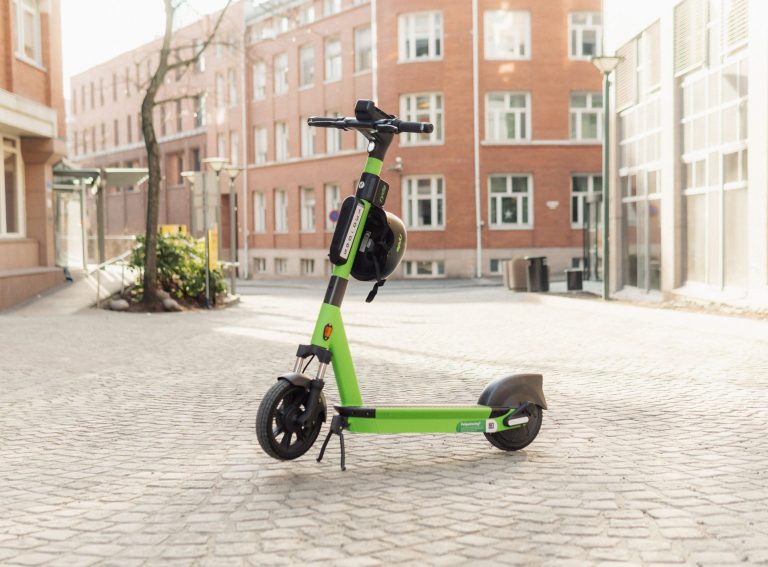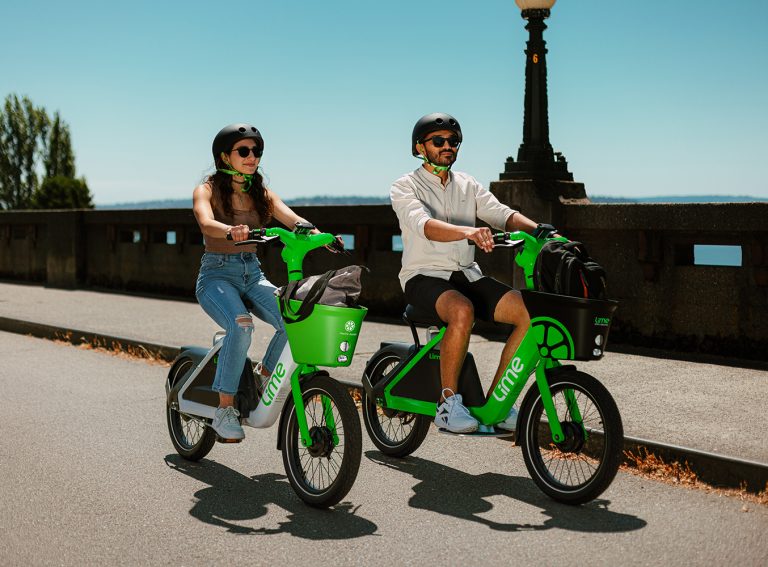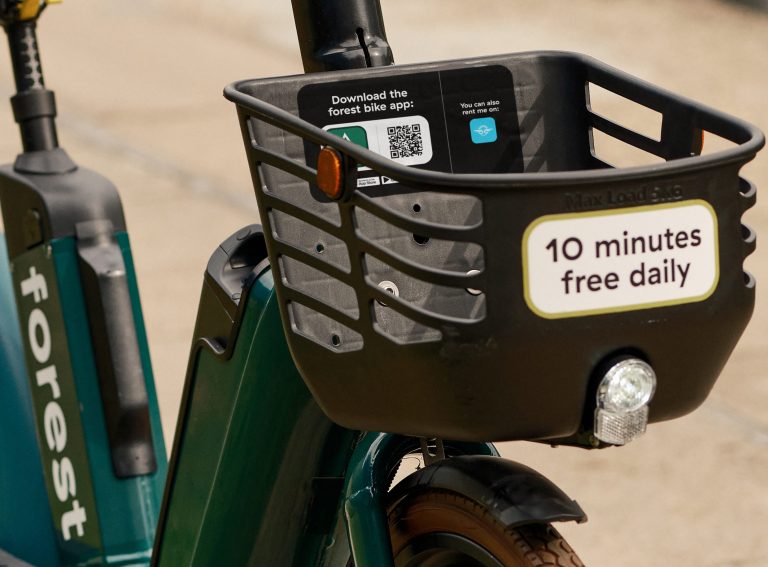UK-Australian startup Lanterne has raised £485,000 in seed funding to scale its fleet optimisation software for micromobility providers.
The software uses machine learning to predict demand for shared vehicles, and then creates an optimised route for fleet technicians to efficiently position vehicles, swap batteries and conduct maintenance.
Lanterne said that typically with other models, fleet managers have to build their service routes manually each day, whereas this technology can save fleet managers around 10% in operational costs.
It is currently used by Tier, Ginger, Zolo and Zwings in the UK, Germany, Iceland and Norway, and is due to launch in Australia soon.
“We started working in micromobility in the UK with an Innovate UK grant in 2020, which helped us prove our modelling quality,” Alex Barnes, Co-Founder and CEO of Lanterne, told Zag Daily.
“Micromobility companies are still discovering their optimal operating patterns, and we’re excited to be supporting them on their journey to increasingly efficient systems, which will in turn result in even better service to their customers.”
The company was set up by Alex and Co-Founders Sebastian Mueller and Yohan Iddawela while they were studying at the London School of Economics (LSE).
Besides Innovate UK, Lanterne also received funding by winning startup competitions at the University of Oxford and LSE, as well as a grant from the European Space Agency.
Lanterne’s investors include Melbourne-based Skalata and Dutch VC Rockstart.
Tom Smalley, Skalata Investment Manager, said: “Ridesharing, freight and delivery services all share similar demand prediction and dynamic routing problems that can be solved with Lanterne’s technology.
“Lanterne is operating in a market with a global compound annual growth rate of 17.4%. By 2024, there will be an estimated 40.4 million micromobility vehicles on the road, and by 2030, the fleet management market is estimated to hit $52 billion globally.”




